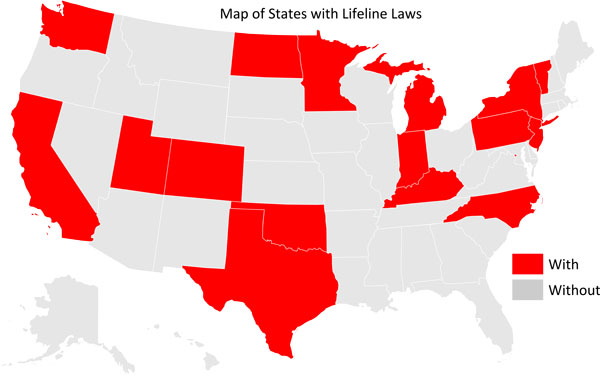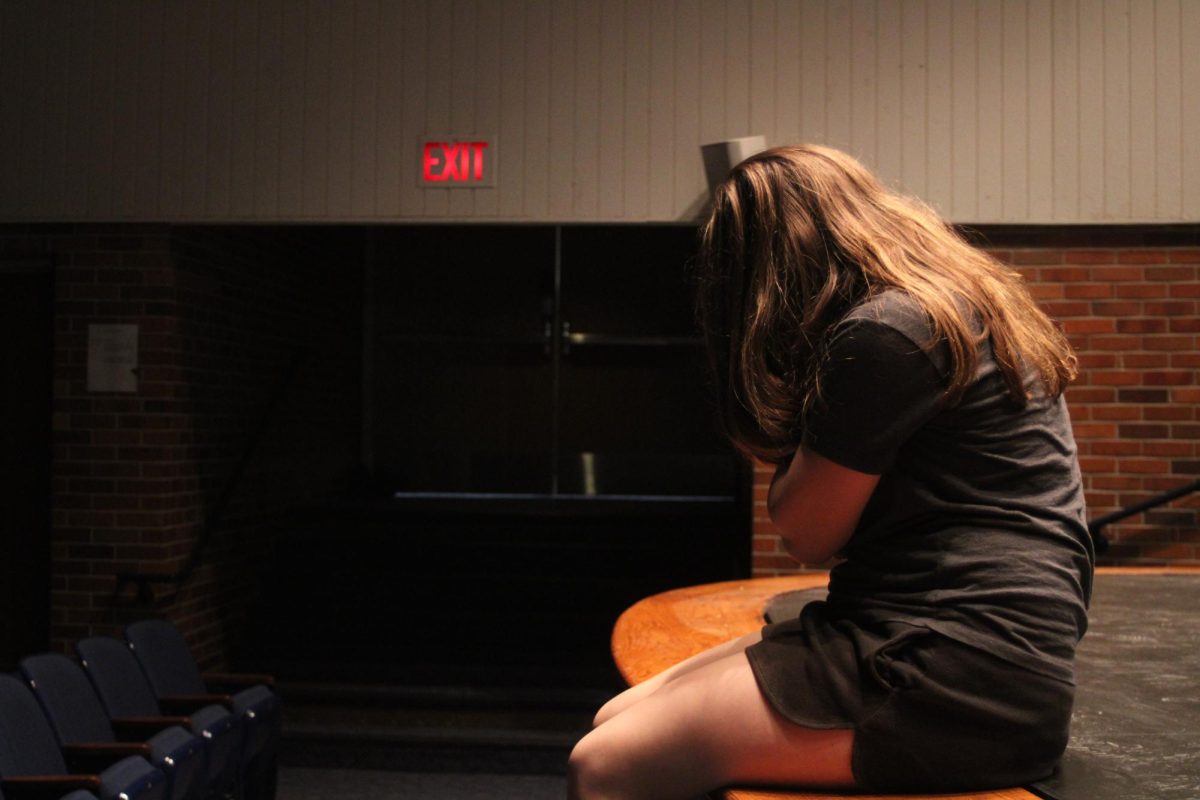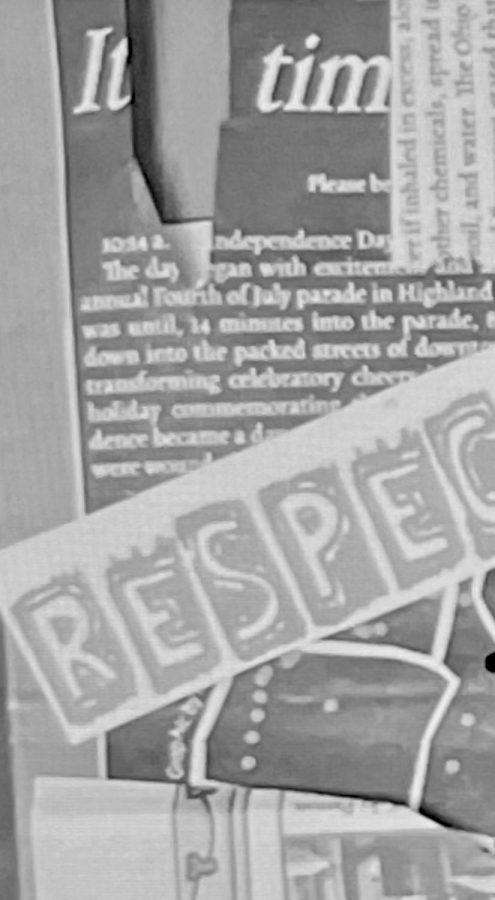Rachael Fiege, a freshman at Indiana University at Bloomington, passed away Aug. 23 after falling down a flight of stairs at a party where she consumed alcohol. Her friends refrained from seeking medical assistance because they thought she had simply “blacked out” (see page 12 for full story). The Oracle Editorial Board recognizes that this can happen anywhere and wants to make sure that everything possible is done to prevent incidents like this in our own community.
Fiege’s death occurred despite Indiana’s Lifeline Law, a state law that provides immunity for public intoxication, minor possession, minor consumption and minor transport to people who reveal themselves to law enforcement while seeking medical assistance for a person suffering from an alcohol-related health emergency, according to indianalifeline.org.
Under this law, Fiege’s peers could have called the police to alert them of her condition without fearing action taken against them for being intoxicated. Whether or not the law was effective in this situation, the Oracle Editorial Board believes that the Lifeline Law is one that the community should formally advocate for in Illinois.
The Lifeline Law was introduced in the Illinois House of Representatives in February 2013 by Representative Naomi Jakkobsen, but it failed to advance to a vote on the House Floor before the end of the legislative session, according to Aaron Letzeiser, Executive Director of The Medical Amnesty Initiative. In order for the law to be considered again, it requires the people of Illinois to be vocal supporters of the law.
The typical punishment for a minor caught under the influence of alcohol is a Village Ordinance Citation with a $100 fine, Sergeant Mike Mazurkiewicz from the Glenview Police Department said. If an intoxicated minor calls 9-1-1 to report a medical emergency, it is up to the officer on the scene whether or not the caller is issued a citation.
The ambiguity of this punishment is dangerous because it may result in students abstaining from helping a friend in need of medical attention due to fear of getting caught.
With the Lifeline Law, teenagers would not have reason to fear punishment for breaking the law, making it more likely for them to take their peers’ conditions seriously and take the proper action to prevent them from further harm.
However, judging from the events at Indiana University, the Lifeline Law isn’t enough to prevent deaths such asFiege’s. It wouldn’t be enough in Illinois either. In order for laws to be effective, we each need to make a personal choice to make each other’s well-being a priority.
This is not a question of whether or not people under the age of 21 should or should not be drinking. Students certainly should not break the law by consuming alcohol when they are not of age. But we cannot ignore that fact that drinking happens in high school and is a significant part of social life in most colleges.
If we ignore the reality of underage drinking, we sacrifice the ability to make laws that could prevent alcohol-related deaths. The South community should confront this reality and rally for legislation that makes it an easier decision for students to save each others’ lives.
Parents: the Oracle Editorial Board urges you to consider the benefits of the Lifeline Law in Illinois. If you feel passionately about the law, don’t underestimate the power of contacting your local representatives by letter or phone.
Administrators: the power and presence of Glenbrook South could be a tool to help publicize the bill and potentially save lives in our community. You can use that power to make this issue visible to our local representatives, who in turn, can make it visible to a larger audience.
Students: be aware that this law is something that might, one day, apply to you. Regardless of whether it passes in Illinois, if you find yourselves in a situation where it seems like someone who is intoxicated needs medical assistance, do not underestimate that need. Whether or not Illinois makes the right decision to adopt a law similar to Indiana’s, we must constantly consider the value of the lives of the people around us.










